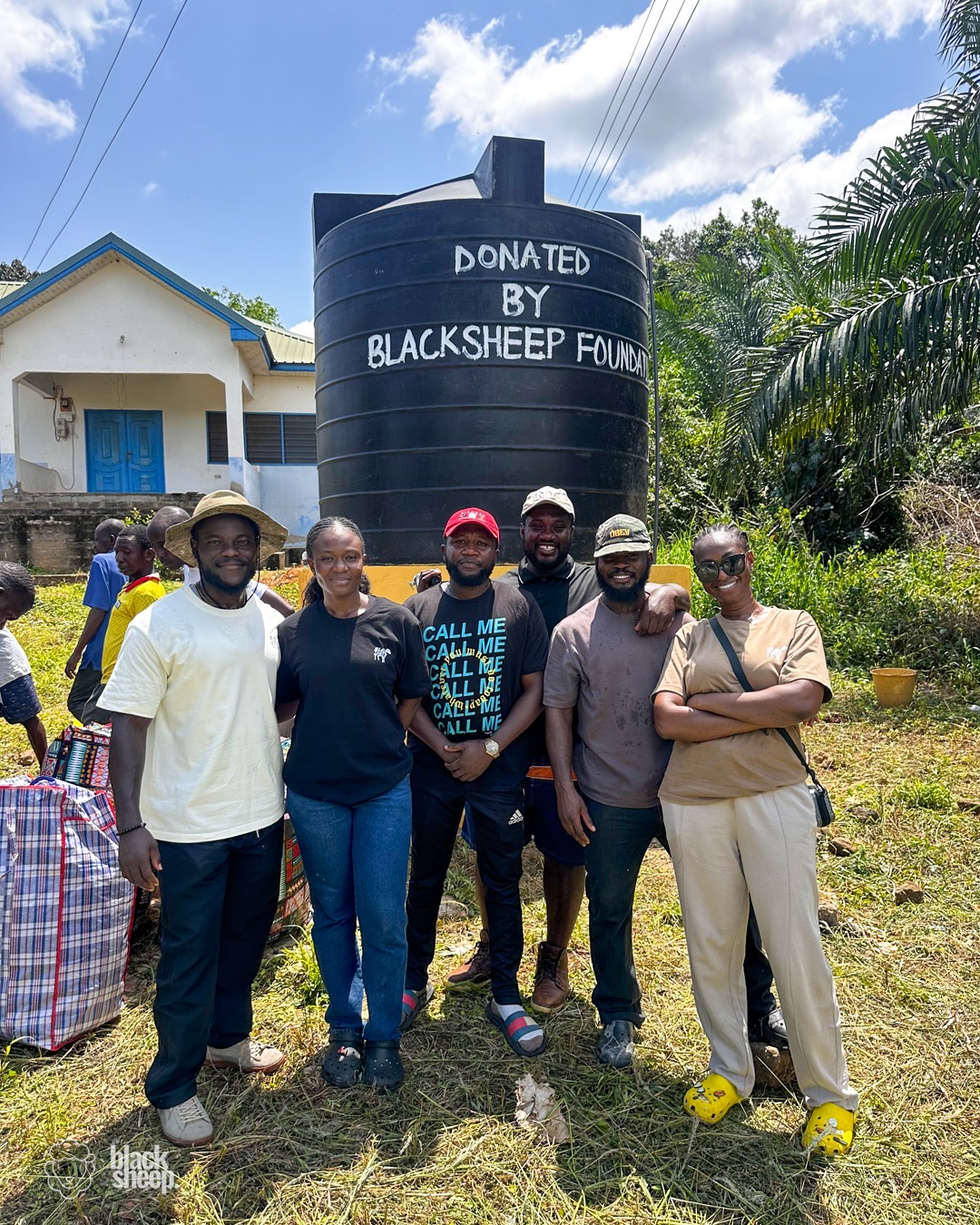Copyright ghanaplus

Policy analyst Bright Simons has published over 20 investigative pieces in 2025 examining governance failures, elite capture, and institutional weaknesses shaping Ghana’s economic and political landscape. Writing through his platform The Scarab, Simons has tackled subjects ranging from botched mining nationalizations and inflated decommissioning contracts to regulatory compromises threatening public health. His work introduces “katanomics” as a framework describing how overlapping networks of political and business power breed inefficiency and risk. Simons opened the year analyzing Ghana’s catfish industry struggles, using point and kill restaurants to illustrate how structural inefficiencies suffocate small businesses. High operational costs, unreliable power, poor infrastructure, and limited finance access create conditions where even resilient entrepreneurs cannot survive, he argued. His investigation into international arbitration revealed how the Attorney General’s office relied on flawed Ghana Revenue Authority (GRA) data during proceedings against oil company Tullow. The inconsistencies weakened Ghana’s credibility before arbitrators, transforming what should have defended tax claims into national embarrassment through bureaucratic negligence. The analyst exposed a $200 million decommissioning project for Ghana’s defunct Saltpond oilfield awarded to individuals with strong political and social connections. He described inflated costs, poor due diligence, and lack of transparency as familiar patterns of elite rent seeking, where national liabilities become lucrative opportunities for the well connected. Simons examined Ghana’s transition from Gold for Oil to the Ghana Gold Board (GoldBod) framework, questioning whether state machinery could be trusted with the new aggregation system. He warned that without transparency and strong oversight, GoldBod risks becoming another patronage driven apparatus repeating previous intervention mistakes. A particularly contentious piece revealed attempts by powerful figures to weaken Ghana’s chemical import controls, potentially allowing toxic pesticides and fertilizers to flood markets. Simons framed this as direct threats to public health and food safety, calling it dangerous elite capture compromising regulatory institutions for profit. The analyst announced he faces a defamation lawsuit from Ibrahim Mahama, the president’s brother, over articles about Gold Fields mine nationalization. Simons characterized the legal action as a Strategic Lawsuit Against Public Participation (SLAPP) tactic meant to silence critics through fear and financial intimidation. He challenged Attorney General claims of recovering 60 percent of Unibank losses, calculating instead that only 10.6 percent has been recouped. Simons argued that real liabilities approached $1.5 billion, far exceeding government admissions, and that settlements massively undervalue actual losses. Additional investigations covered the decades long Shangri La Hotel saga exposing opaque land systems, the troubled Pwalugu Multipurpose Dam project treated as political loot recovery scheme, and Ghana’s growing opioid crisis linked to weak narcotics control systems. Simons expanded his katanomics theory beyond Ghana to analyze African Export Import Bank’s (Afreximbank) identity crisis and African Union integration struggles. He argued that fragmented governance, elite competition, and institutional weakness repeatedly undercut continental ambitions. His work on the Black Volta goldmine clarified that Ibaera Capital invested decades and tens of millions while later partner E&P contributed little value despite attempting outright acquisition. Simons warned that political shortcuts risk delaying or destroying projects meant to generate sustainable employment. The analyst also examined Swiss trader Petraco’s fraud accusations against Springfield and Kevin Okyere over allegedly misused loans and oil cargo, exposing flaws in Ghana’s Gold for Oil program and weak oversight threatening investment reputation. Simons dissected failed projects including La Beach Towers, where poor financing, flawed designs, and weak pre sales left luxury beachfront development abandoned. He used such cases to highlight broader real estate sector challenges from financing gaps to planning and regulatory weaknesses. His 2025 reporting emphasizes recurring themes of transparency deficits, planning failures, and accountability gaps across economic policy, resource management, and institutional operations. The investigations document how elite networks leverage political connections to extract value from public resources while ordinary businesses struggle against structural barriers.



